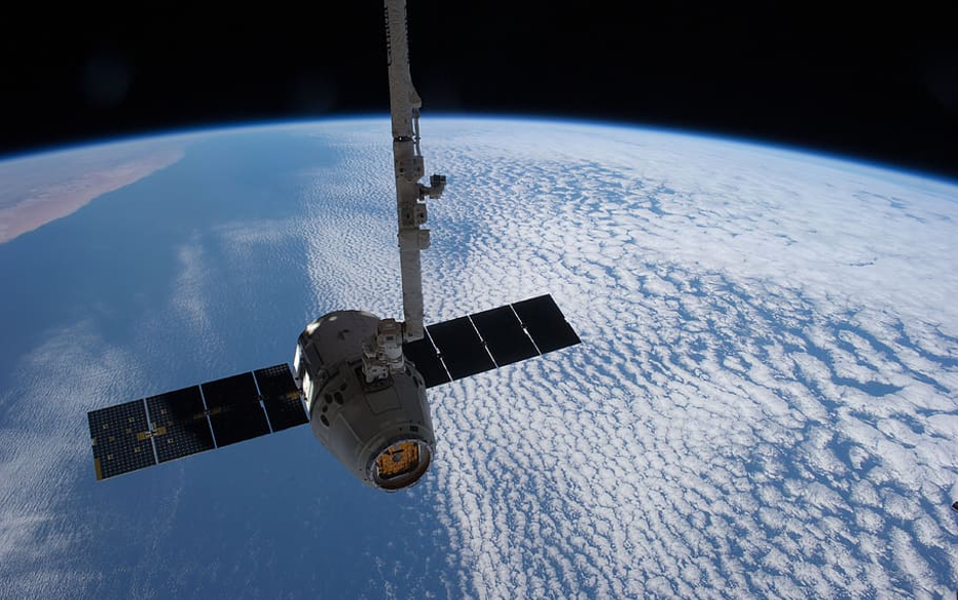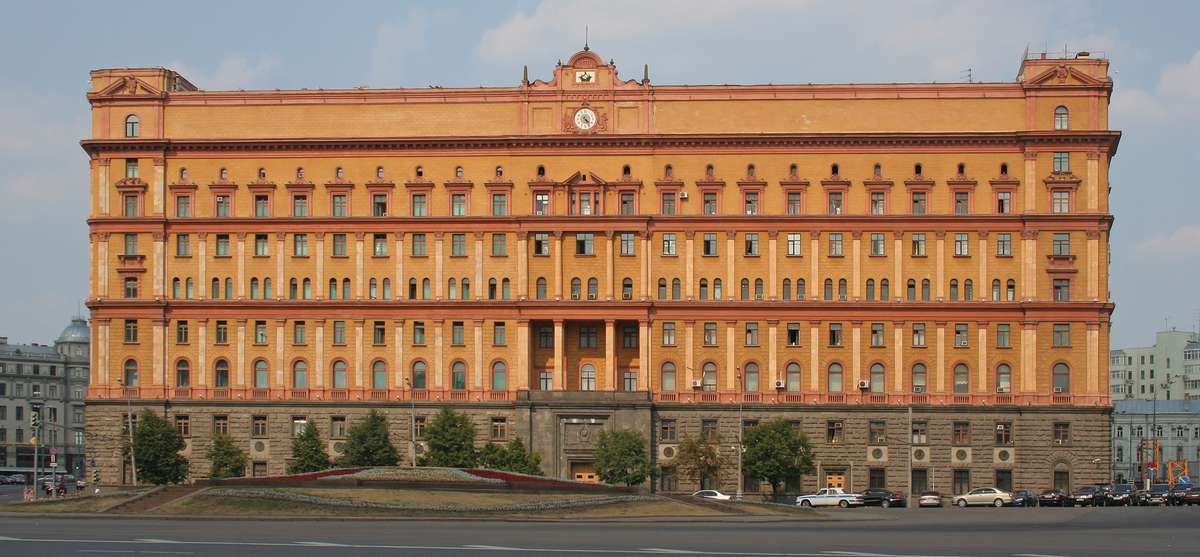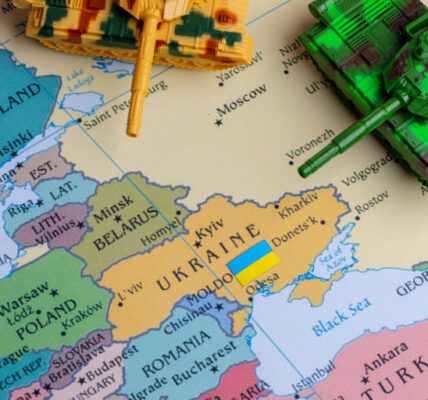While the war in Ukraine continues to dominate headlines, a new battleground is emerging – one far above the clouds. General Stephen Whiting, head of the US Space Command, issued a stark warning: don’t underestimate Russia’s growing space capabilities.
Despite facing setbacks on the Ukrainian battlefield, Russia appears to be intensifying its focus on space-based systems and unconventional methods of warfare. This shift has security experts rattled, particularly in light of recent US intelligence reports alleging a chilling development – Russia might be building a space-based nuclear weapon, a “space nuke.”
Imagine a weapon so powerful it could cripple entire satellite networks with a single detonation. The US alone relies on a staggering 3,433 satellites for everything from military communications to GPS navigation and even the smooth operation of ride-hailing apps. A single detonation could knock these systems offline in an instant, causing widespread disruption and potentially even economic paralysis. This potential “space nuke” would not only be devastating but would also be a violation of the Outer Space Treaty, a cornerstone of international cooperation in space exploration for decades, signed by over 130 countries, including Russia.
Predictably, Russia denies these claims labelling them a “malicious fabrication” designed to secure additional aid for Ukraine. However, experts warn that this might simply be a smokescreen, as Russia has consistently prioritised its military space program, with dedicated budgets of $3.93 billion and $3.92 billion allocated for 2024 and 2025 respectively, despite the strain of sanctions.
Recent statements from Russian officials have further fuelled concerns. Moscow has suggested that it could escalate its actions in space, including targeting commercial satellite constellations, as a response to perceived support from Western governments and companies to the Ukrainian military.

While the U.S. House Intelligence Committee Chairman, Mike Turner, has labelled Russia’s space ambitions as a “serious national security threat,” with White House spokesperson John Kirby confirming Moscow’s development of a “troubling” anti-satellite weapon, although Kirby clarified that the system is not yet operational. Despite assurances that there is no imminent danger to the U.S. or its allies, the disclosure of Russian attempts to deploy nuclear capabilities in space has underscored the growing military threat in the cosmos.
A report by the Center for Naval Analyses (CNA) noted that “Russian military doctrine recognizes that space is a warfighting domain and that maintaining access to space-based military information, while denying such access to the adversary, is a decisive factor in winning modern wars.” Moscow has even hinted at the potential use of such tactics, suggesting that it could target commercial constellations in a future conflict.
Ivan Timofeev, Director General of the Russian International Affairs Council, referenced the growing rivalry between Russia and the U.S. in space, highlighting the increasing militarisation of space and the use of satellite constellations for both reconnaissance and military operations as the key drivers of this competition. “We really took a huge leap forward when space was a bridge in the dialogue between Russia and the United States,” Timofeev stated. “Space programs are planned for a long time, and we do not have any new incentives for cooperation. Moreover, we have more and more areas for competition and divergence.”
The message from General Whiting and the US intelligence community is clear: complacency is a luxury the US can no longer afford. The war in Ukraine has served as a stark reminder of the critical role space plays in modern warfare. Satellites provide vital communication channels, real-time situational awareness, and even targeting data for modern militaries.
As tensions continue to simmer on Earth, the battle for supremacy in space is emerging as a critical frontier in the ongoing geopolitical struggle between Russia and the West. With the prospect of nuclear-armed anti-satellite weapons looming overhead, the stakes have never been higher in the race for dominance beyond our planet’s atmosphere.




















































































































































































































